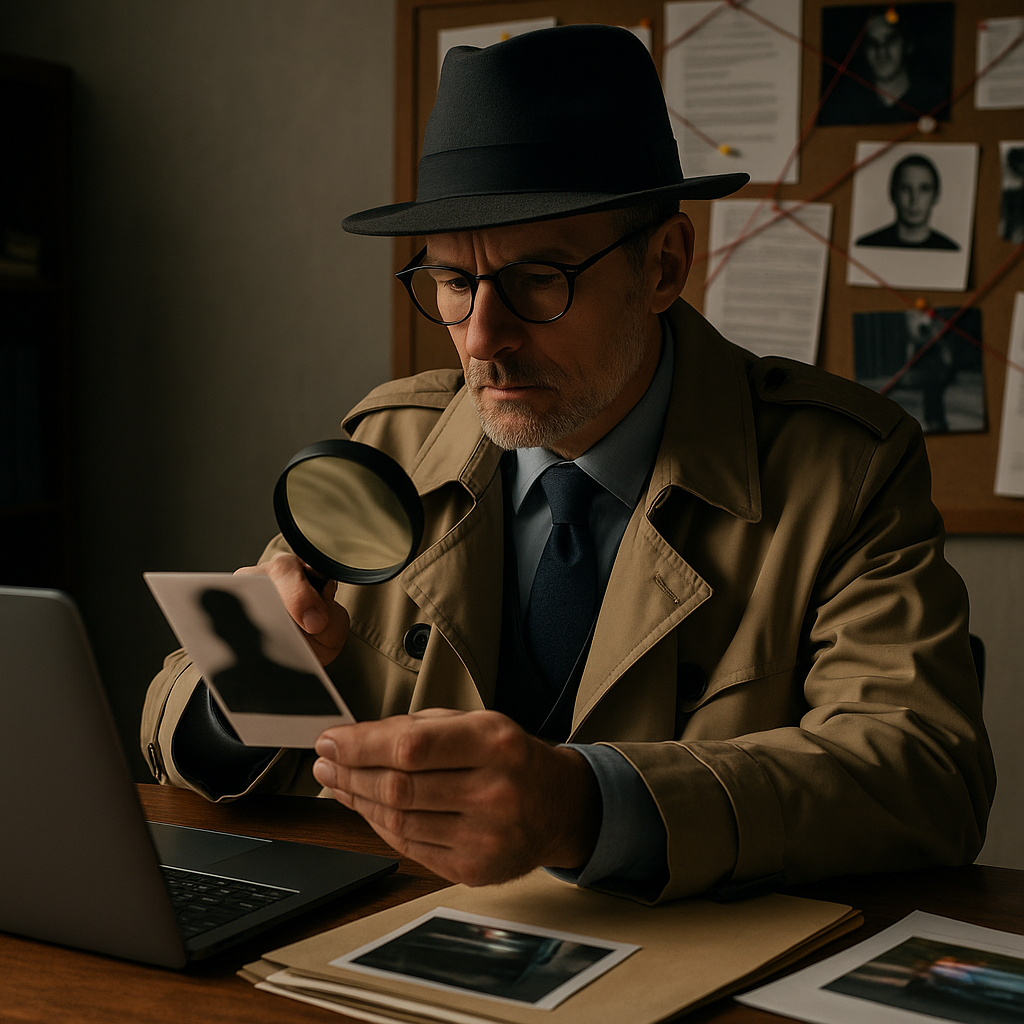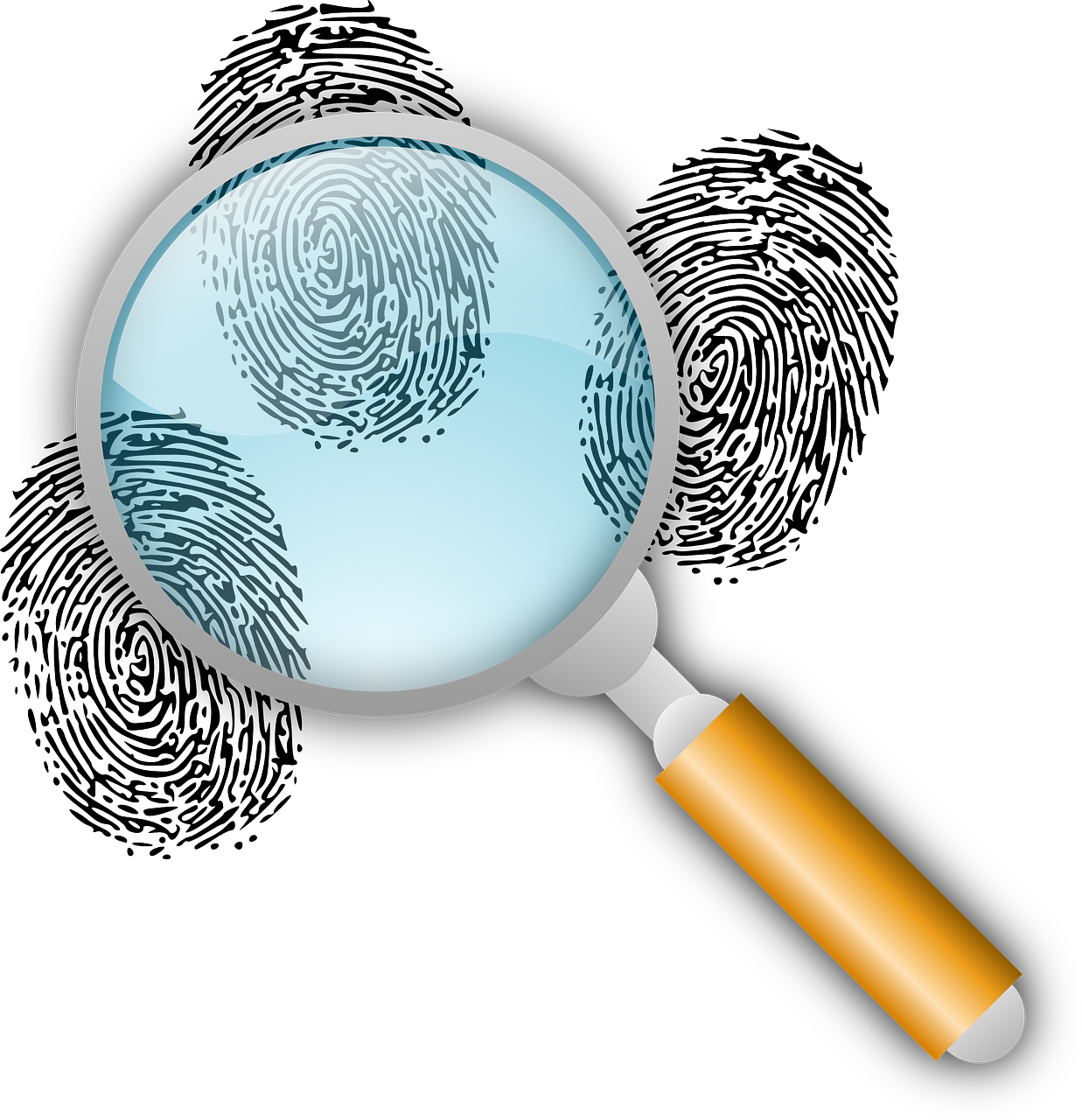The Expanding Role of Private Investigators
Long gone are the days when the work of a private investigator was romanticized solely within classic detective novels and film noir. In the modern world, investigators are essential partners in real-life dilemmas where finding the truth matters. From uncovering hidden assets to revealing unknown relationships, their services span the needs of everyday people and large organizations alike. Today’s investigative professionals adapt quickly to a world where information is vast yet often complex to verify. They bring expertise in fact-finding and interpreting complex data and patterns. As reported by an industry analysis, increased demand for comprehensive background screening, data retrieval, and fraud detection continues to fuel the growth of the private investigation sector. In uncertain times, these experts’ impartiality and detailed approach offer a pathway to real solutions and often much-needed reassurance.

Discreet Surveillance and Modern Technology
Surveillance is one of the oldest tools in the investigator’s arsenal, yet its scope and capabilities have changed dramatically with technology. Modern investigators use cutting-edge gadgets—from drone cameras and advanced GPS devices to secure digital forensics software—to gather the evidence clients need. What once required hours of painstaking observation can now be accomplished through intelligent monitoring, secure online searches, and real-time communication technology. Notably, digital evidence is increasingly central to successful investigations. Legal professionals and courts recognize that properly gathered electronic data has the power to influence both criminal and civil proceedings. As highlighted by the U.S. Department of Justice, the effective use of technology enables private investigators to deliver robust evidence with minimal intrusion on privacy. For example, monitoring open-source information and social media accounts has become standard, as it opens new vistas in tracking behaviors and verifying alibis without crossing ethical lines.
- Specialized software helps quickly analyze massive volumes of digital records, surfacing vital links and evidence that would take days to uncover manually.
- Clear, high-quality digital images and video can be critical in legal cases where visual proof is necessary.
- Remote, passive monitoring allows discreet evidence gathering in sensitive situations, helping to prevent conflicts from escalating or spiraling out of control.
Common Scenarios Requiring Investigative Expertise
Reasons for turning to a private investigator are as varied as the people and organizations that need them. These professionals handle a broad range of scenarios, all requiring a careful, analytical approach to uncovering the truth.
- Missing persons searches: Reuniting families, finding once-lost friends, or locating individuals in debtor or runaway cases often hinges on following obscure leads and examining records inaccessible to the average person.
- Background checks: Whether screening a new hire, a business partner, or even a potential spouse, investigators access databases and leverage real-world intelligence to verify histories and ensure decisions are based on facts, not assumptions.
- Infidelity investigations: Suspicions of betrayal can be devastating—facts, gathered discreetly, can help individuals face brutal realities or achieve peace of mind.
- Fraud investigations: Businesses lose billions each year to fraud. Private investigators play a pivotal role in detecting suspicious activities, identifying scammers, and assisting in recovery efforts to protect finances and reputations.
Each scenario requires a tailored strategy, combining thoughtful interviews, dedicated research, and often unobtrusive fieldwork. This approach assures both privacy and thoroughness for all parties involved.
Balancing Legal Boundaries and Ethical Standards
Investigative work like True Investigations must operate within local, state, and federal laws. Reputable private investigators invest time and resources in ongoing legal education so they’re always aware of the latest regulations affecting their work. From handling sensitive client data to conducting surveillance, caution is at the forefront, especially given severe penalties for missteps.
Strict legal and ethical considerations include:
- Written permission is necessary when accessing certain types of confidential information or property.
- Complying with all audio surveillance and consent laws, as these can differ sharply from one jurisdiction to another.
- Only use legal and properly sourced databases or public records searches to ensure findings are defensible in legal settings.
Furthermore, ethical investigators are committed to objective, unbiased reporting. They maintain confidentiality, avoid conflicts of interest, and treat all investigative targets with dignity, regardless of the outcome.
Impact on Personal and Corporate Decision-Making
Whether the stakes are emotional, financial, or legal, big decisions benefit from accurate information. Businesses frequently hire investigators to vet the backgrounds of potential partners, scrutinize internal operations, or assess risks before critical moves such as mergers or acquisitions. This due diligence process reduces vulnerability to costly errors and supports long-term success. In personal matters, the absence of knowledge breeds anxiety. For someone considering a significant relationship change—like marriage or divorce—objective evidence clarifies situations where intuition alone isn’t enough. Knowing the story can save time, avoid heartbreak, and prevent expensive or protracted legal battles. The peace of mind that comes from understanding the facts is often worth far more than the cost of an investigation.
Collaboration with Legal Professionals and Law Enforcement
Many of the cases handled by private investigators overlap with those of attorneys and law enforcement. This collaboration increases the likelihood of resolving cases efficiently and ensures that all evidence collection stands up to legal scrutiny. Attorneys may use investigator findings to build stronger cases, challenge weak claims, or negotiate settlements for their clients.
Private investigators often serve as neutral third parties in sensitive disputes, helping courts and clients settle disagreements based on verified facts. On the other hand, law enforcement may rely on private expertise for cold cases or matters outside their immediate resources. This highlights professionalism, transparency, and teamwork in delivering justice and protection for everyone involved.
What to Look for When Hiring a Private Investigator
- Licensing and credentials: Check that the investigator holds the necessary state or local licensure and stays current with required industry certifications.
- Relevant experience: Opt for professionals with a proven track record in the specific type of investigation you need, whether that’s surveillance, computer forensics, or financial inquiries.
- Transparent communication: Understand exactly how the process works, the fees involved, and what to expect regarding timing and results.
- Community reputation: Seek out positive client reviews, reputable references, or industry endorsements as a sign of reliability and trustworthiness.
By focusing on these factors, clients are better equipped to choose the right investigator, ensuring their case receives the care, diligence, and professional integrity it deserves.
Final Thoughts on Choosing Private Investigation Services
The truth isn’t always easy to find, but individuals and companies can make life’s toughest decisions with greater confidence and professional guidance. As society and technology shift, so does the investigative work landscape, blending digital innovation with traditional insight. Private investigators remain essential allies, highlighting hidden details and protecting personal and business interests when it matters most—delivering safety, clarity, and peace of mind for those they serve.








